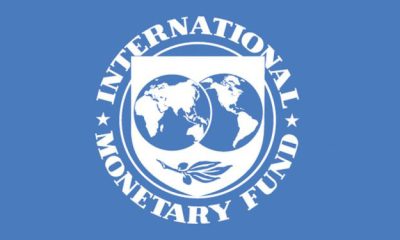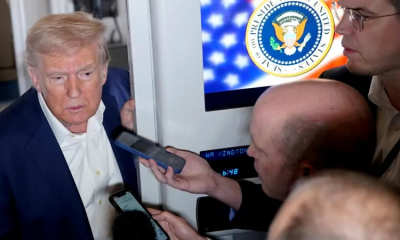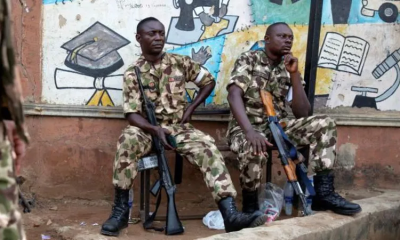News
Rs. 200 Bn tutoring industry contributing to teacher shortage crisis
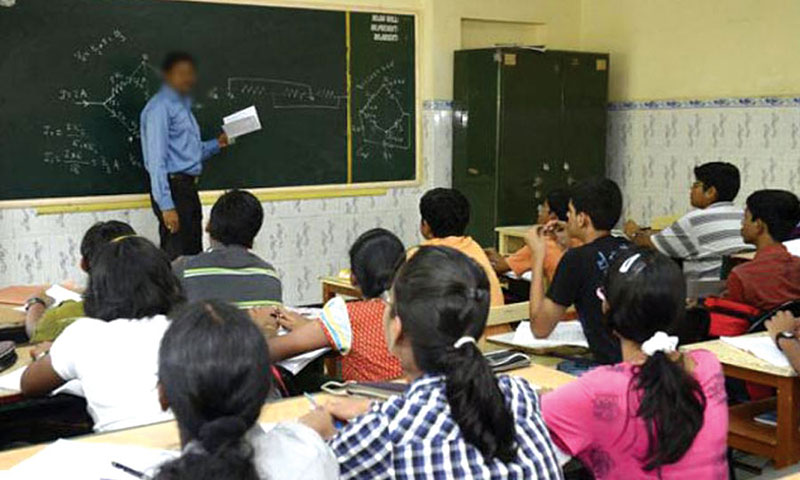
The country’s education system is facing a severe crisis, marked by a growing shortage of teachers for the G.C.E. Advanced Level (A/L) classes, particularly in urban national schools, says the Ceylon Teachers’ Union (CTU), which highlights the government’s failure to take meaningful action despite acknowledging a deficit of approximately 30,000 teachers.
CTU Secretary Joseph Stalin told the media on Thursday that national schools, particularly in urban areas such as Colombo, are severely affected. “Existing teachers are overwhelmed with excessive workloads, and there is a critical need for qualified educators, especially English-medium graduates in subjects like science, mathematics, and IT,” Stalin said, describing the situation as a “serious crisis.” He warned that the teacher shortage is undermining the quality of education for thousands of students preparing for university entrance.
Prime Minister Harini Amarasuriya, in a speech to Parliament earlier this year, confirmed that over 40,000 teaching vacancies exist across the country, with 2,652 of these in national schools. Despite efforts to fill these vacancies, bureaucratic hurdles and legal challenges have delayed progress, leaving both students and educators in a precarious position. Former Education Minister Susil Premajayantha’s attempts to resolve the crisis last year were unsuccessful, according to industry sources.
As the teacher shortage deepens, many students and parents have turned to the private tuition sector to compensate for the gaps in the formal education system. Professor Wasantha Athukorala, Director of the Postgraduate Institute of Humanities and Social Sciences at the University of Peradeniya, revealed that the tutoring industry has ballooned into a Rs. 210 billion sector. “Over Rs. 200 billion is circulating in the tutoring sector, with an increasing reliance on private tuition to fill the void left by the shortage of teachers in schools,” Prof. Athukorala said.
Industry sources report that private tutoring has become a lucrative business, particularly for A/L students, with estimates indicating that tutors collectively earn Rs. 210 billion annually. This figure excludes income from smaller private classes, which are increasingly held in urban areas. The booming tutoring industry is a stark reflection of the failure of the formal education system to meet students’ needs. Of the total revenue, Rs. 80 billion is generated from A/L students, underscoring the growing dependence on private tuition rather than state-run education.
Prof. Athukorala also raised concerns about the detrimental effects of late-night tuition sessions, which have become increasingly common. Classes that run well into the night, sometimes until midnight, place additional stress on students who are already burdened by their academic workloads. Moreover, the informal tutoring sector remains largely unregulated, with minimal oversight and no taxation framework in place.
The Ministry of Education has reported a significant shortage of teachers in key subjects, including English, Science, and Mathematics, with nearly 30,000 vacancies nationwide. However, efforts to fill these gaps have been largely ineffective, leaving schools struggling to cope. Teacher unions have raised alarms over the declining attendance rates in schools, particularly in A/L and O/L classes, as more families opt for private tuition to ensure their children’s academic success.
Business
IMF staff team concludes visit to Sri Lanka
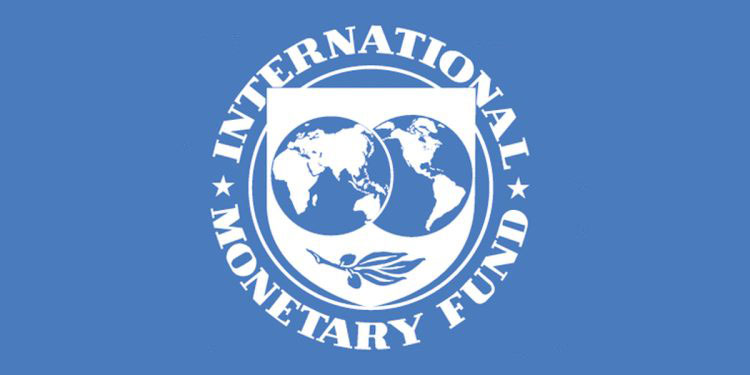
An International Monetary Fund (IMF) team led by Evan Papageorgiou visited Colombo from April 3 to 11, 2025. After constructive discussions in Colombo, Mr. Papageorgiou issued the following statement:
“Sri Lanka’s ambitious reform agenda supported by the IMF Extended Fund Facility (EFF) continues to deliver commendable outcomes. The post-crisis growth rebound of 5 percent in 2024 is impressive. Inflation declined considerably in recent quarters and has fallen to ‑2.6 percent at end-March 2025. Gross official reserves increased to US$6.5 billion at end-March 2025 with sizeable foreign exchange purchases by the central bank. Substantial fiscal reforms have strengthened public finances.
“The recent external shock and evolving developments are creating uncertainty for the Sri Lankan economy, which is still recovering from its own economic crisis. More time is needed to assess the impact of the global shock and how its implications for Sri Lanka can be addressed within the contours of its IMF-supported program.
“The government’s sustained commitment to program objectives is ensuring policy continuity and program implementation remains strong. Going forward, sustaining the reform momentum is critical to safeguard the hard-won gains of the program and put the economy on a path toward lasting macroeconomic stability and higher inclusive growth.
“Against increased global uncertainty, sustained revenue mobilization efforts and prudent budget execution in line with Budget 2025 are critical to preserve the limited fiscal space. Boosting tax compliance, including by reinstating an efficient and timely VAT refund mechanism, will help contribute to revenue gains without resorting to additional tax policy measures. Avoiding new tax exemptions will help reduce fiscal revenue leakages, corruption risks and build much needed fiscal buffers, including for social spending to support Sri Lanka’s most vulnerable. Restoring cost recovery in electricity pricing will help minimize fiscal risks arising from the electricity state-owned enterprise.
“The government has an important responsibility to protect the poor and vulnerable at this uncertain time. It is important to redouble efforts to improve targeting, adequacy, and coverage of social safety nets. Fiscal support needs to be well-targeted, time-bound, and within the existing budget envelope.
“While inflation remains low, continued monitoring is warranted to ensure sustained price stability and support macroeconomic stability. Against ongoing global uncertainty, it remains important to continue rebuilding external buffers through reserves accumulation.
“Discussions are ongoing, and the authorities are encouraged to continue to make progress on restoring cost-recovery electricity pricing, strengthening the tax exemptions framework, and other important structural reforms.
“The IMF team held meetings with His Excellency President and Finance Minister Anura Kumara Dissanayake, Honorable Prime Minister Dr. Harini Amarasuriya ; Honorable Labor Minister and Deputy Minister of Economic Development Prof. Anil Jayantha Fernando, Honorable Deputy Minister of Finance and Planning Dr. Harshana Suriyapperuma, Central Bank of Sri Lanka Governor Dr. P. Nandalal Weerasinghe, Secretary to the Treasury Mr. K M Mahinda Siriwardana, Senior Economic Advisor to the President Duminda Hulangamuwa, and other senior government and CBSL officials. The team also met with parliamentarians, representatives from the private sector, civil society organizations, and development partners.
“We would like to thank the authorities for the excellent collaboration during the mission. Discussions are continuing with the goal of reaching staff-level agreement in the near term to pave the way for the timely completion of the fourth review. We reaffirm our commitment to support Sri Lanka at this uncertain time.”
News
New Year dawns at the auspicious time of 03.21 a.m. tomorrow (14).

The Sinhala and Tamil New Year will dawn at the auspicious time of 03.21 a.m. tomorrow (14th Monday).
The auspicious time to light the hearth and prepare the first meal is at 0404 am on Monday (14) facing South.
The auspicious hour to commence work, perform the first transactions and partaking of the first meal is at 0644 am facing South dressed in white coloured clothes.
Latest News
PNB detect large haul of methamphetamine and heroin in local fishing trawler intercepted by Navy
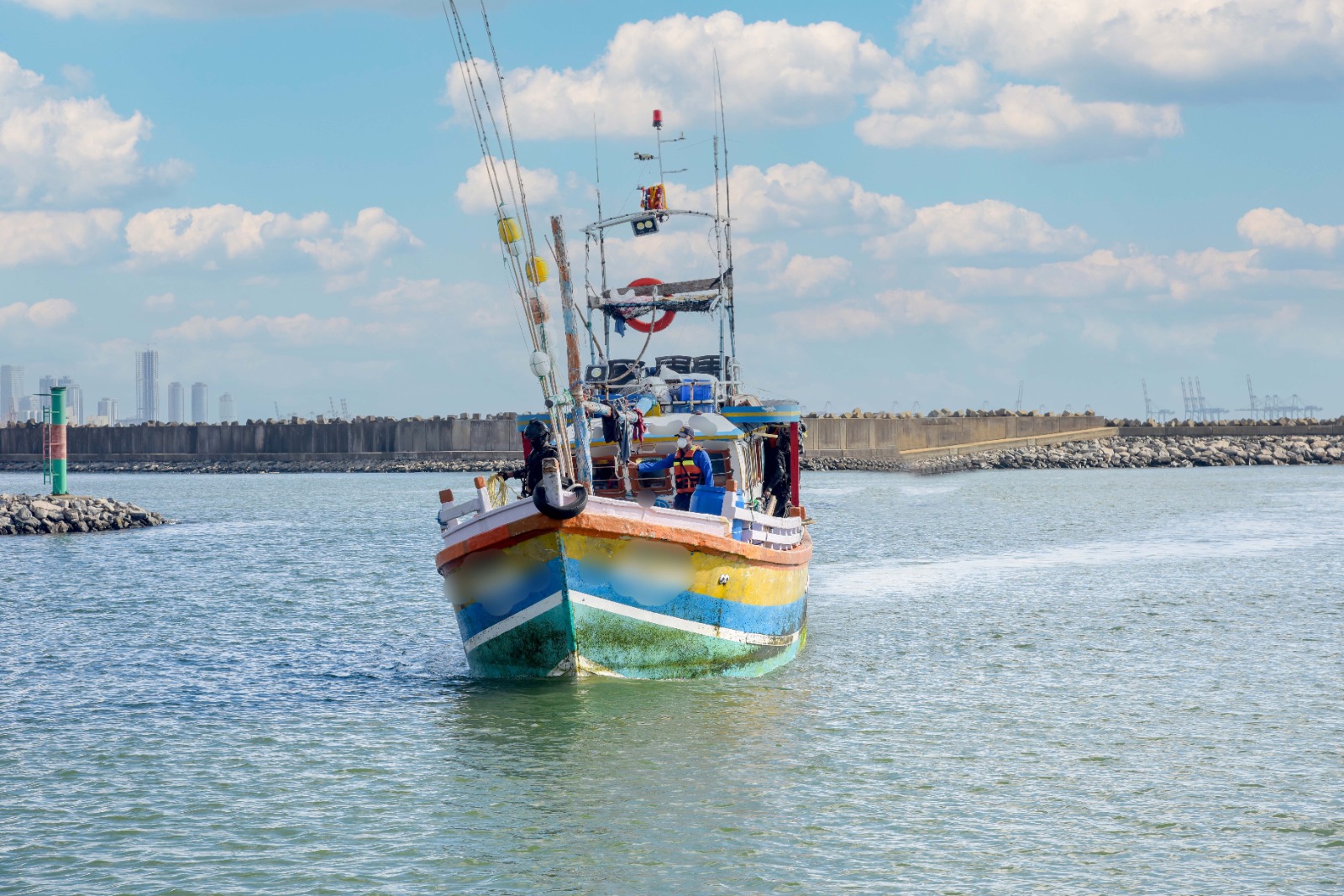
Acting on credible information, the Sri Lanka Navy launched a special operation on the high seas on 11 Apr 25, resulting in the apprehension of 06 suspects along with a local multi-day fishing trawler, believed to be involved in smuggling of narcotics.
Subsequently, the intercepted trawler was brought to the Dikkowita Harbour, where a thorough inspection was carried out with the assistance of the Police Narcotic Bureau (PNB) experts, leading to the detection of approximately 77kg and 484g of heroin and 42kg and 334g of methamphetamine (Ice).
The consignment, which had been meticulously hidden in the trawler, was handed over to the PNB for onward legal action on 12 Apr.
-

 Business7 days ago
Business7 days agoColombo Coffee wins coveted management awards
-

 News2 days ago
News2 days agoSuspect injured in police shooting hospitalised
-

 Features3 days ago
Features3 days agoRobbers and Wreckers
-

 Features5 days ago
Features5 days agoSri Lanka’s Foreign Policy amid Geopolitical Transformations: 1990-2024 – Part III
-

 Midweek Review5 days ago
Midweek Review5 days agoInequality is killing the Middle Class
-

 Features7 days ago
Features7 days agoSri Lanka’s Foreign Policy amid Geopolitical Transformations: 1990-2024 – Part I
-

 Business2 days ago
Business2 days agoSanjiv Hulugalle appointed CEO and General Manager of Cinnamon Life at City of Dreams Sri Lanka
-

 Features6 days ago
Features6 days agoA brighter future …


